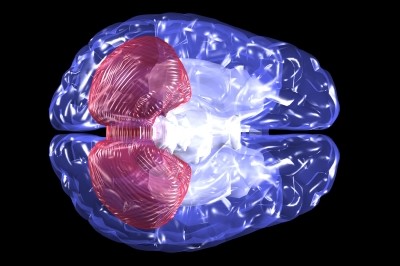
- Birth Injury Errors
- Brain Damage/Brain Injuries
- Cancer
- Dialysis Mistakes
- Eye Cases
- Gastroenterology
- Heart Disease and Attacks
- Infections and Infectious Diseases
- Internal Medicine/Primary Care
- Medication Errors
- Pulmonary and Respiratory Diseases
- Radiology/Diagnostic Testing
- Retained Instrument/Sponge Cases
- Skeletal Injuries
- Spinal Cord Injuries
- Strokes
- Surgery and Procedures
- Traumatic Injuries
- Urology
- Vascular Injuries and Diseases
Hypoxic – Anoxic Brain Injury
The brain requires oxygen in order to function normally. When the brain is deprived from a substantial lack of oxygen, it is referred to as a hypoxic event. When the brain is completely deprived of oxygen, it is known as an anoxic event. The brain consumes approximately one-fifth (20%), of the body’s total oxygen.
If the brain is deprived from oxygen, a domino-effect of problems will ensue. Oxygen is necessary to metabolize glucose. Glucose is used to provide energy for all living cells. Since 90% of the brain’s total energy is used to send electrochemical impulses and maintain the neuron’s ability to send these impulses, a deprivation of oxygen may produce profound thinking, movement, and emotional impairments.
The most common forms of anoxia are (i) anemic anoxia; (ii) ischemic anoxia; and (iii) anoxic anoxia. Anemic anoxia occurs when not enough blood or hemoglobin is making it to the brain. Hemoglobin is a chemical in red blood cells responsible for carrying oxygen throughout the body. This may occur when someone is hemorrhaging from a gunshot wound. Ischemic anoxia occurs when there is not enough cerebral blood flow to carry blood to the brain such as when a person suffers from an ischemic stroke. Anoxic anoxia occurs when not enough oxygen is present in the air to be absorbed by the body. An example of this occurs with high altitude sickness.
The most frequent causes of Ischemic anoxia include:
a. Anesthesia accidents-32%
b. Cardiovascular disease-29%
c. Asphyxia such as drowning –16%
d. Chest trauma-10%
e. Electrocution-6.5%
f. Severe bronchial asthma-3%
g. Barbiturate poisoning-3%
Symptoms of hypoxic-ischemic injury include: Cognitive deficits (thinking problems), weakness in all four extremities, abnormal movements, incoordination, visual disturbances, and the inability to follow a sequence of commands.
Direct treatment of anoxia is limited. The general consensus is one of maintaining the body’s general status, although some studies have suggested that the use of barbiturates may be helpful in the first 2-3 days of injury onset. Recovery may take months to years depending on the level of injury. Rehabilitation may include the need to consult professionals like a physical therapist, speech therapist and a neuropsychologist.





